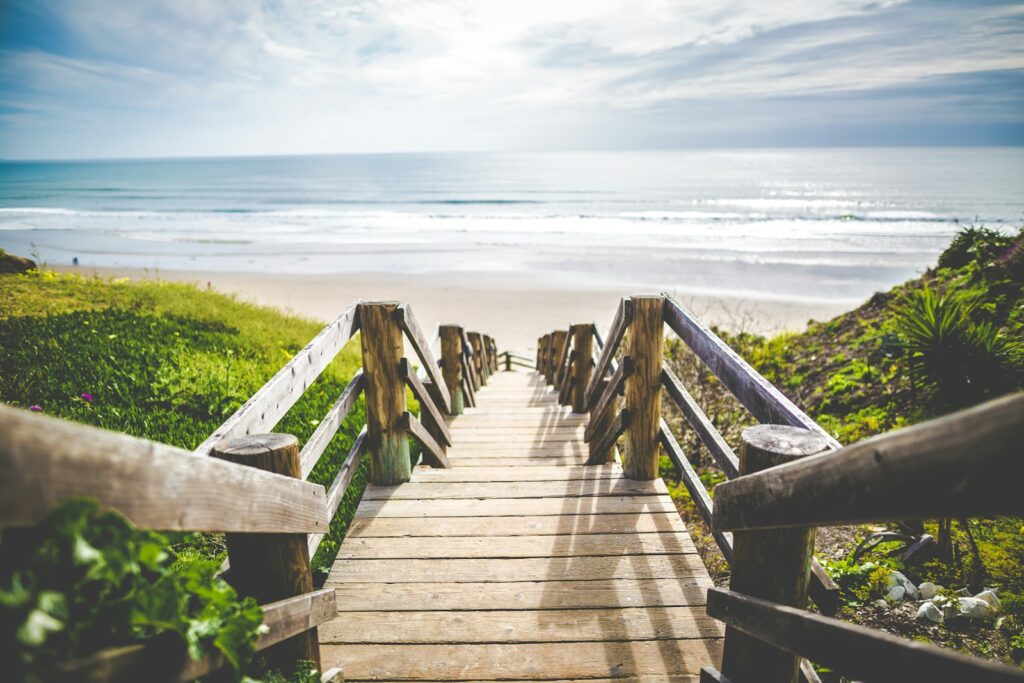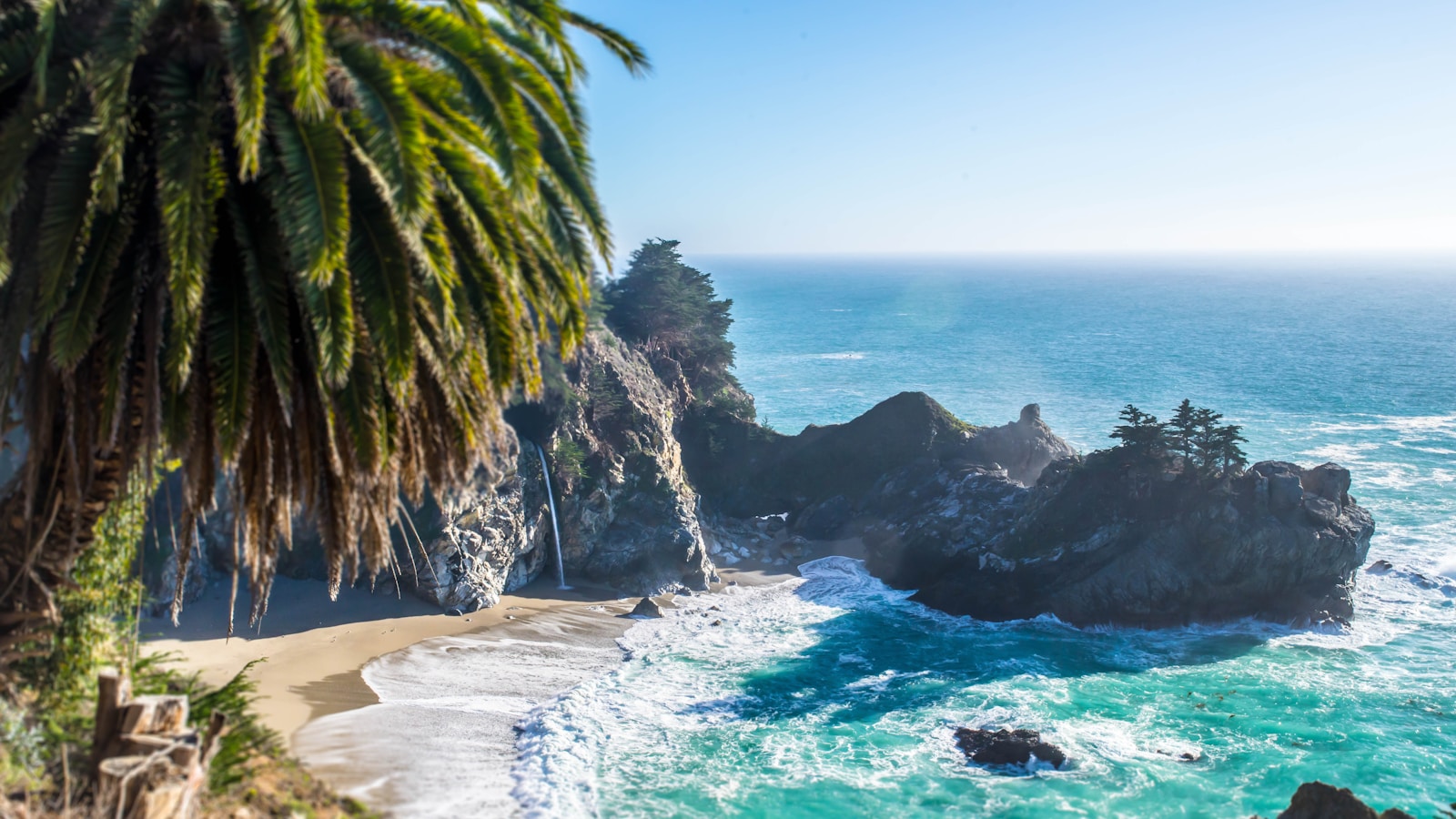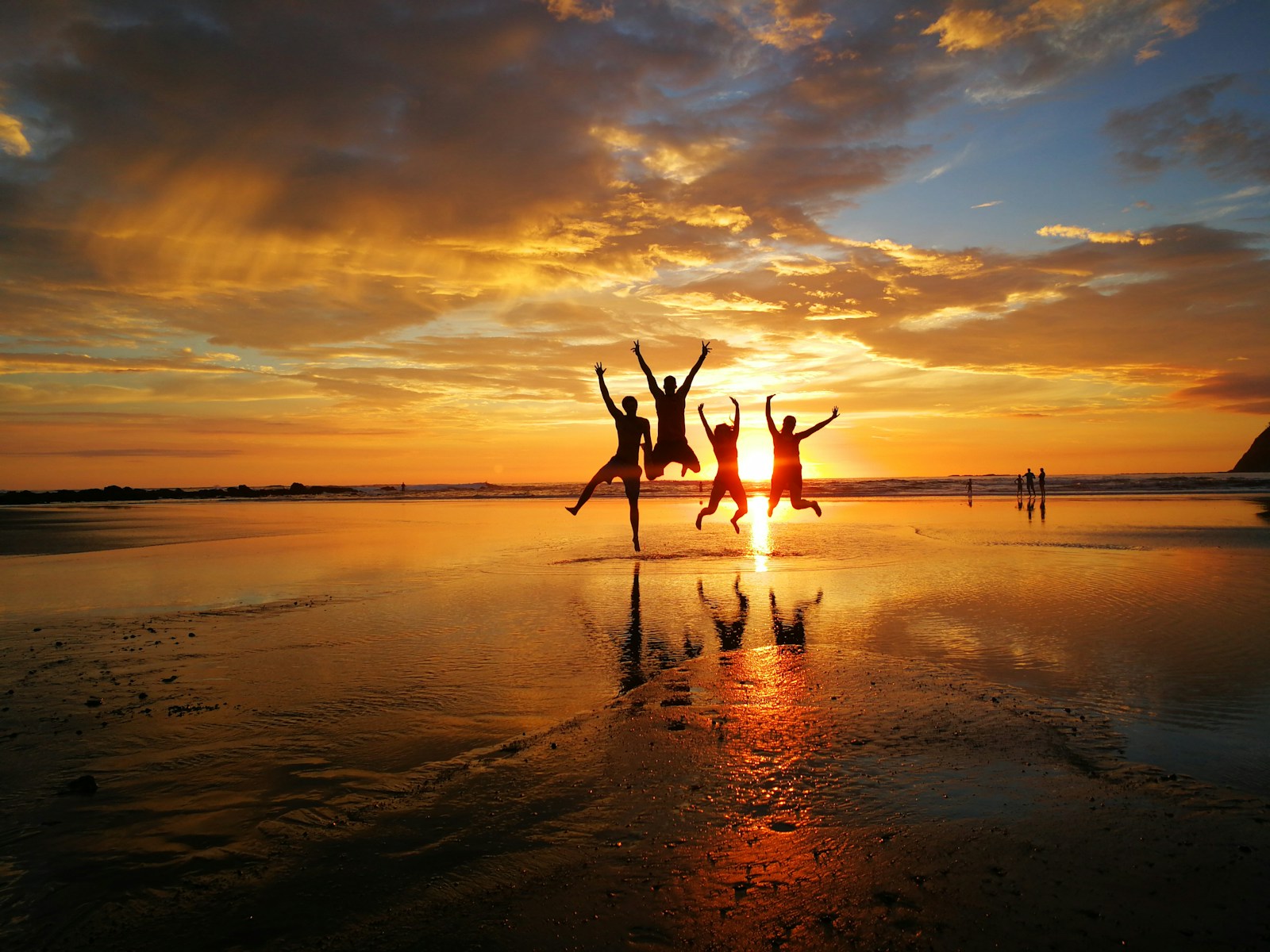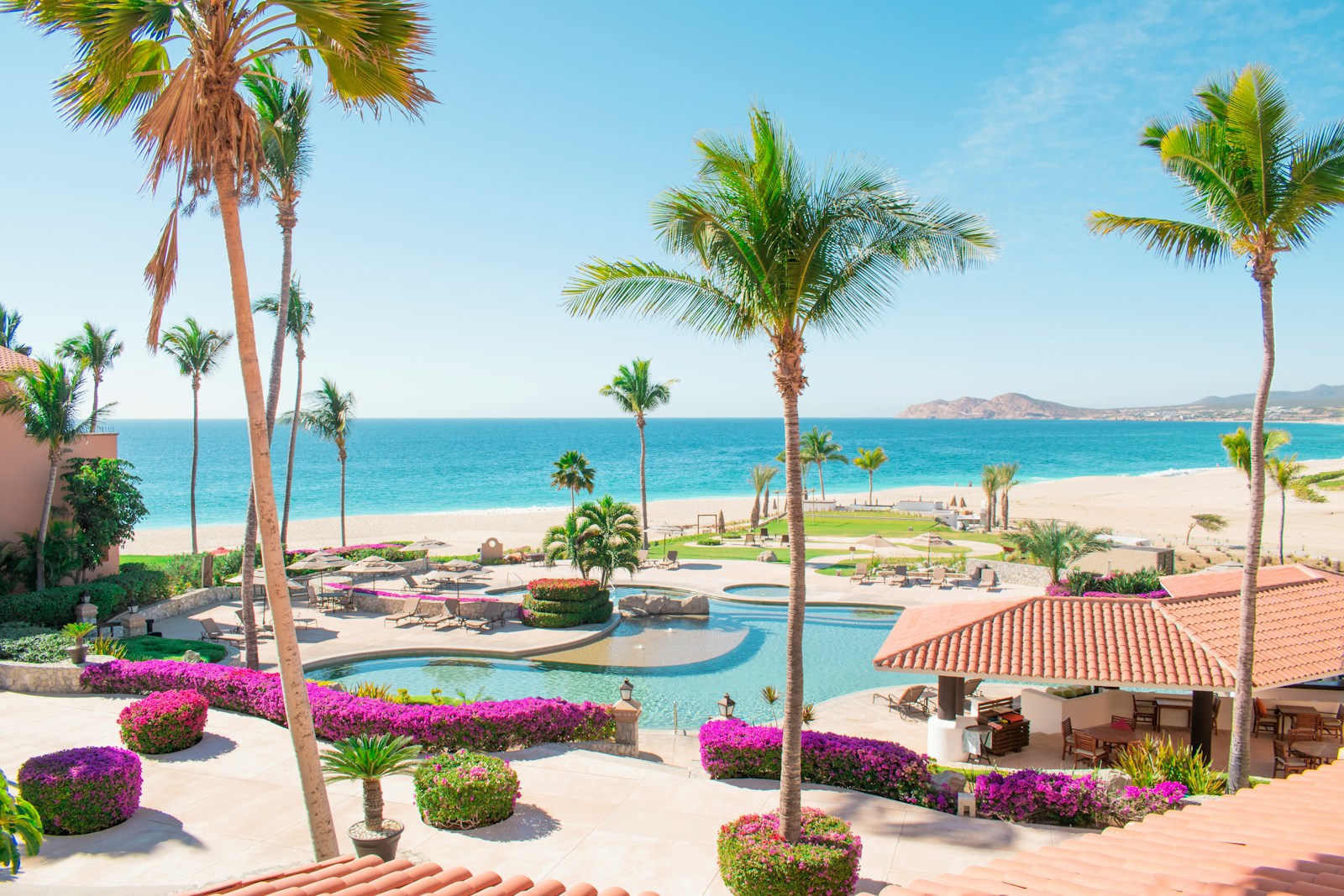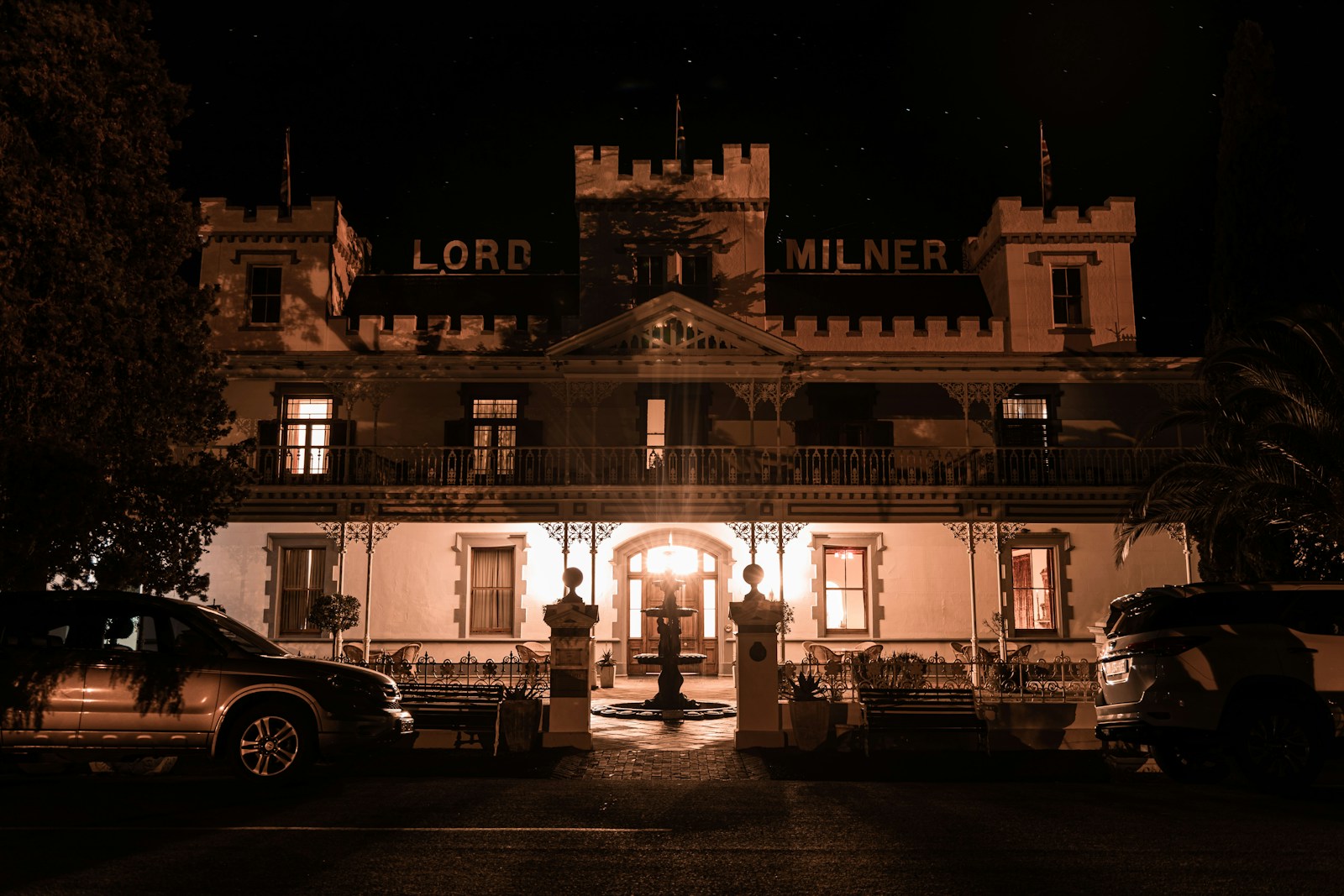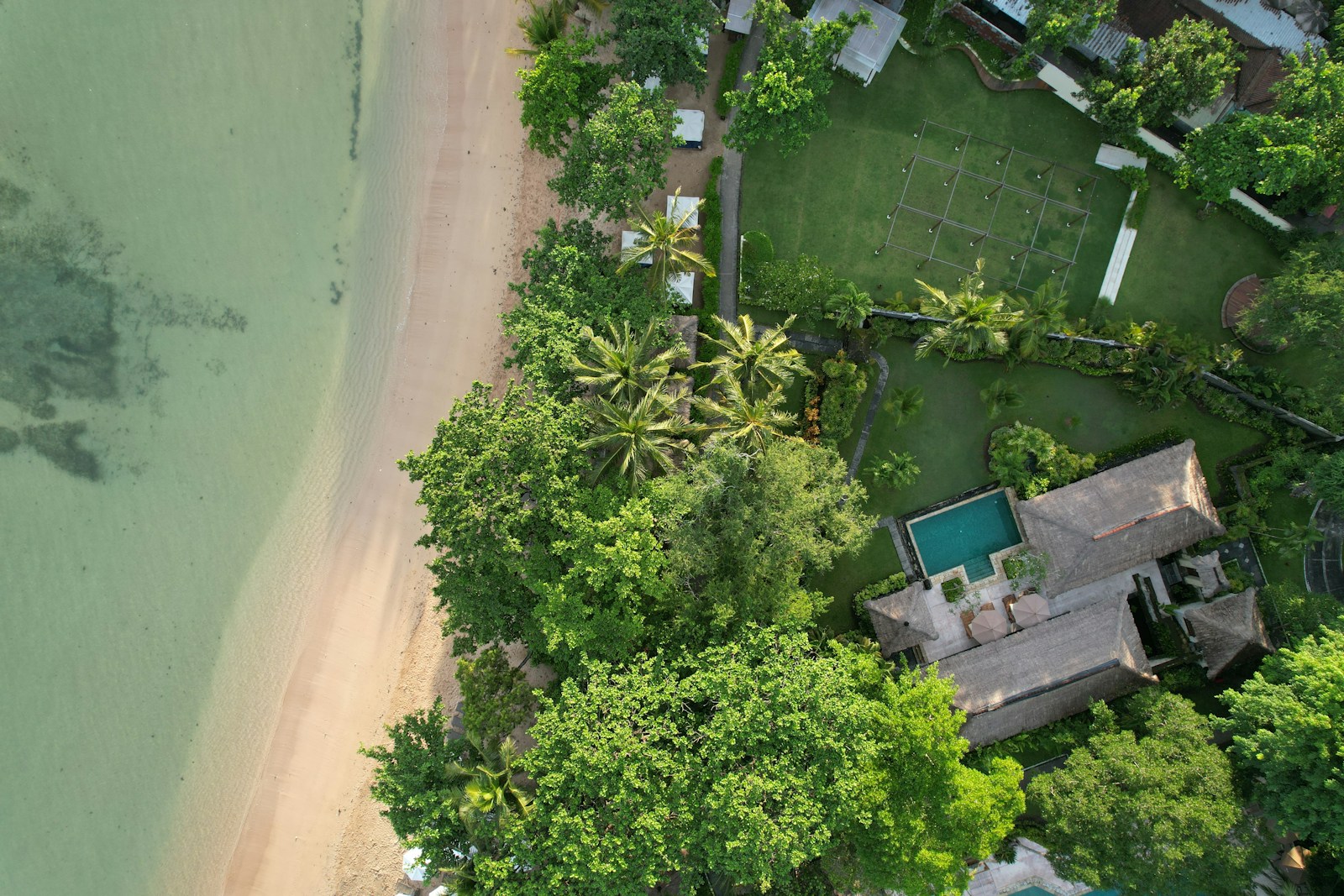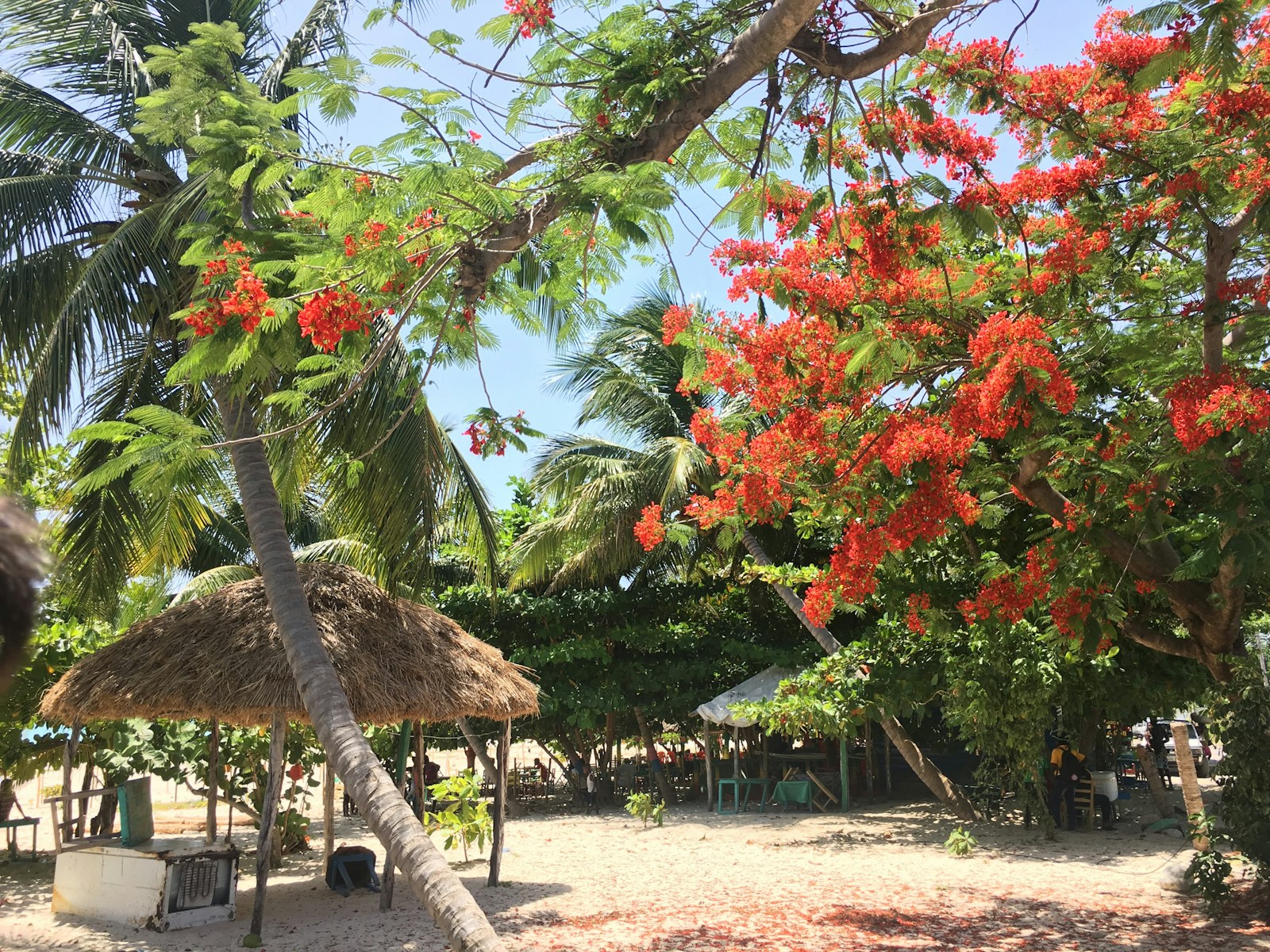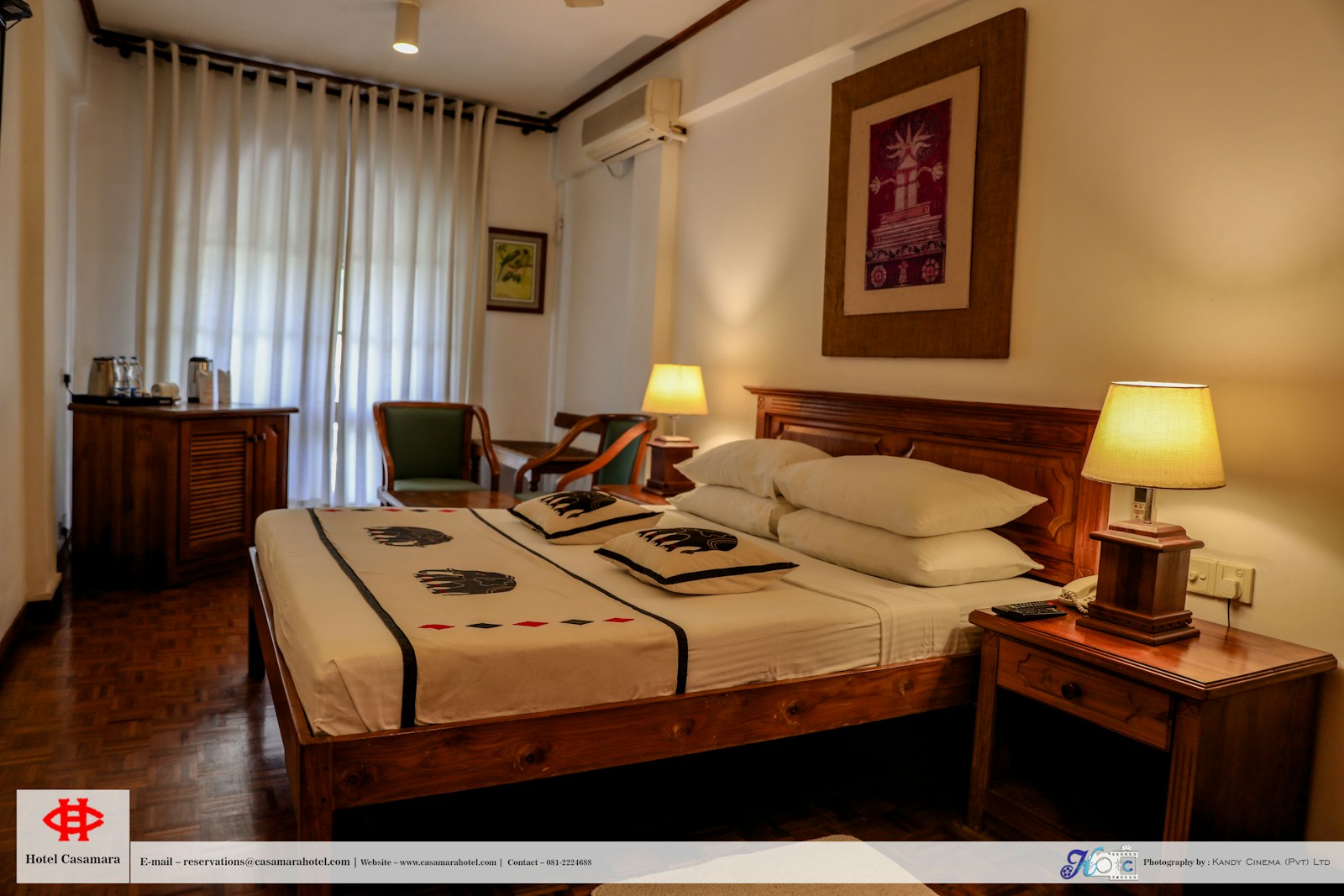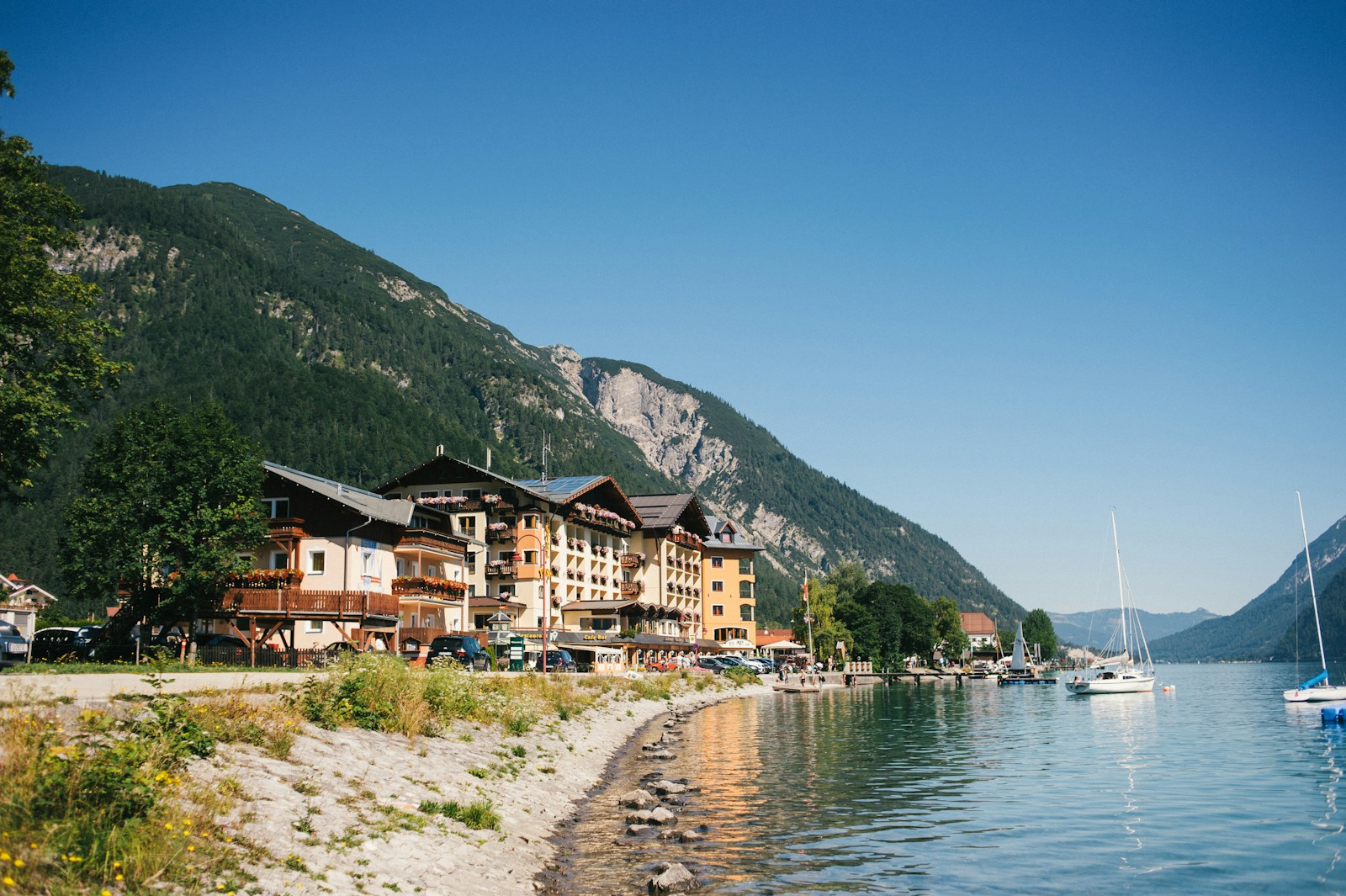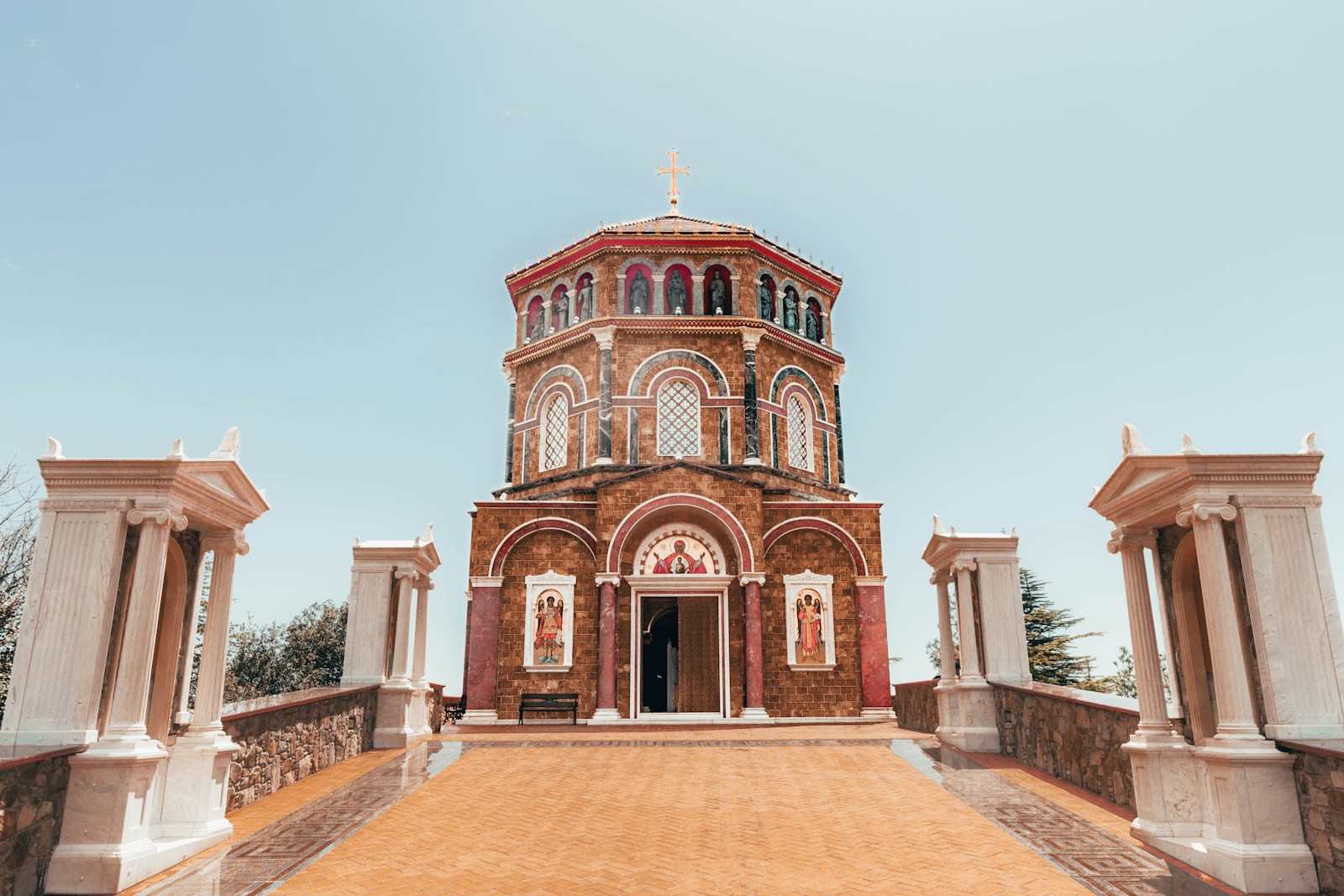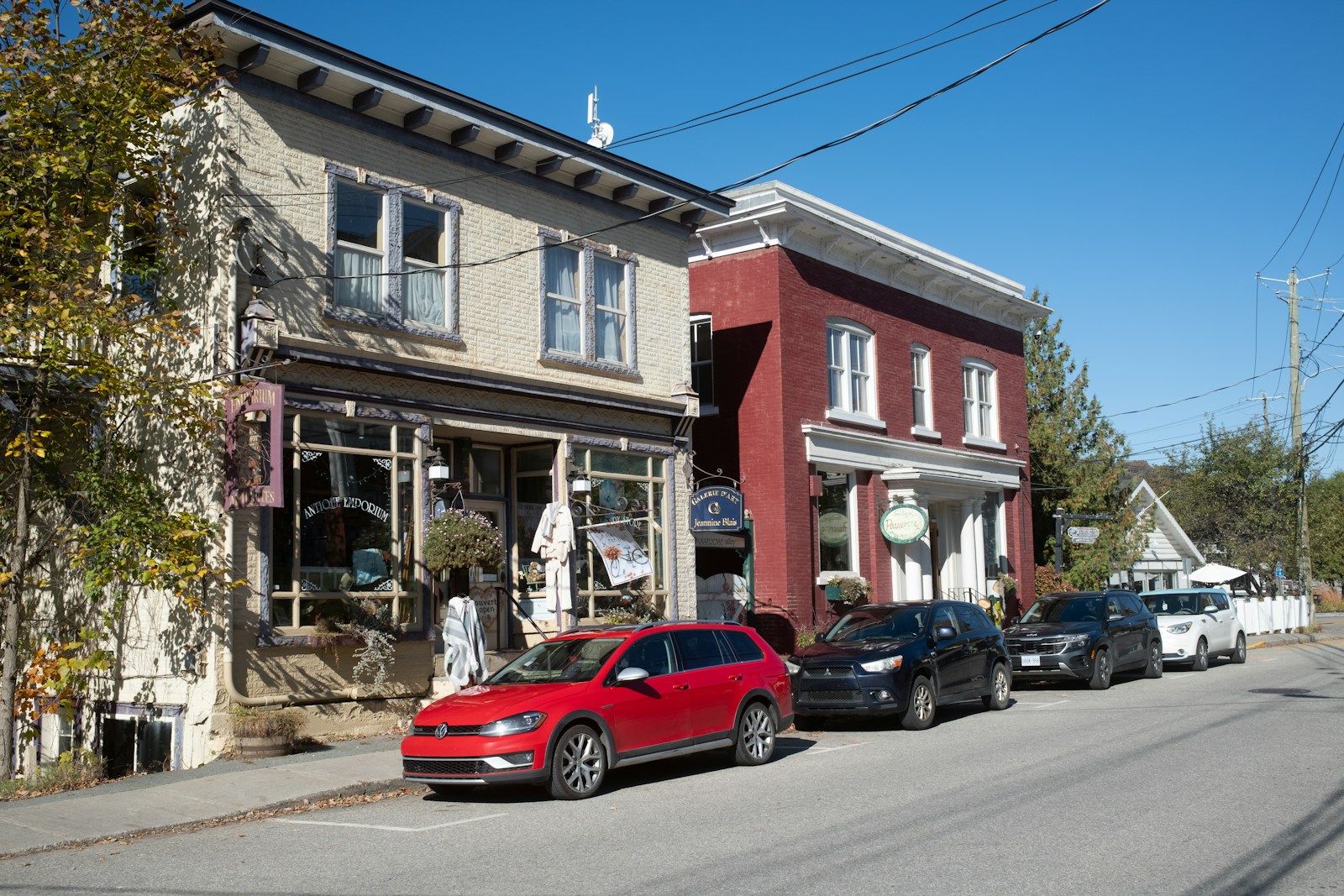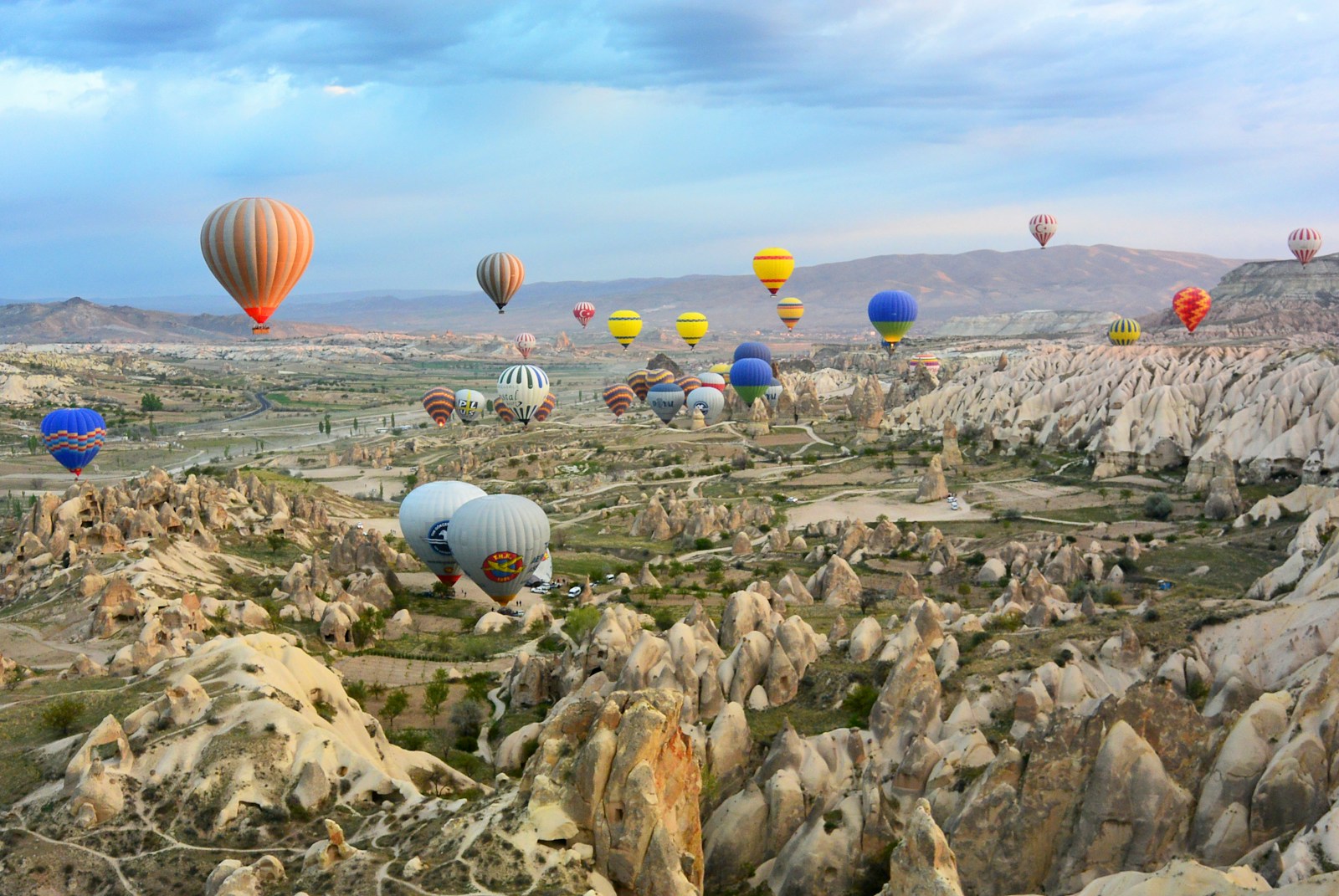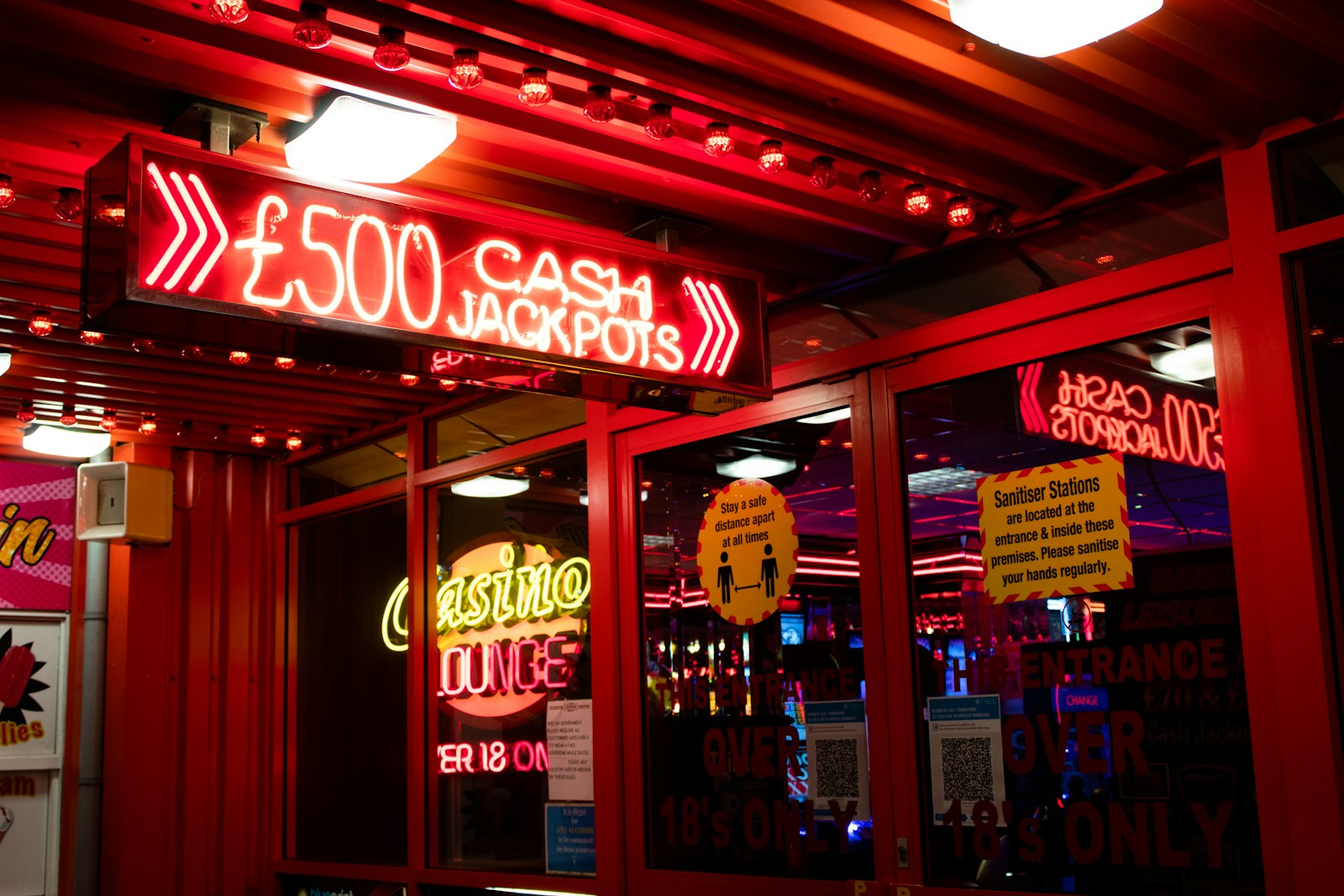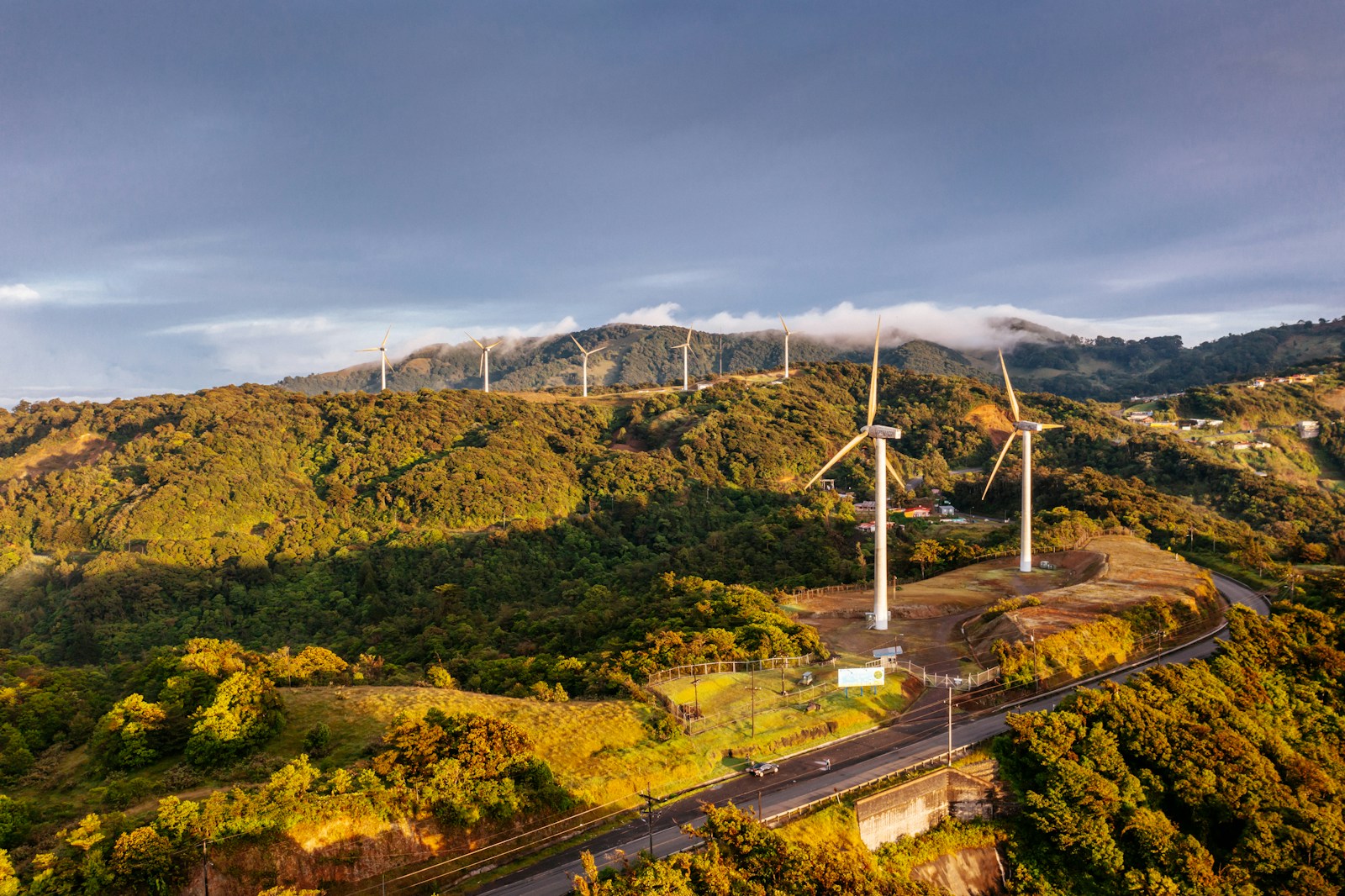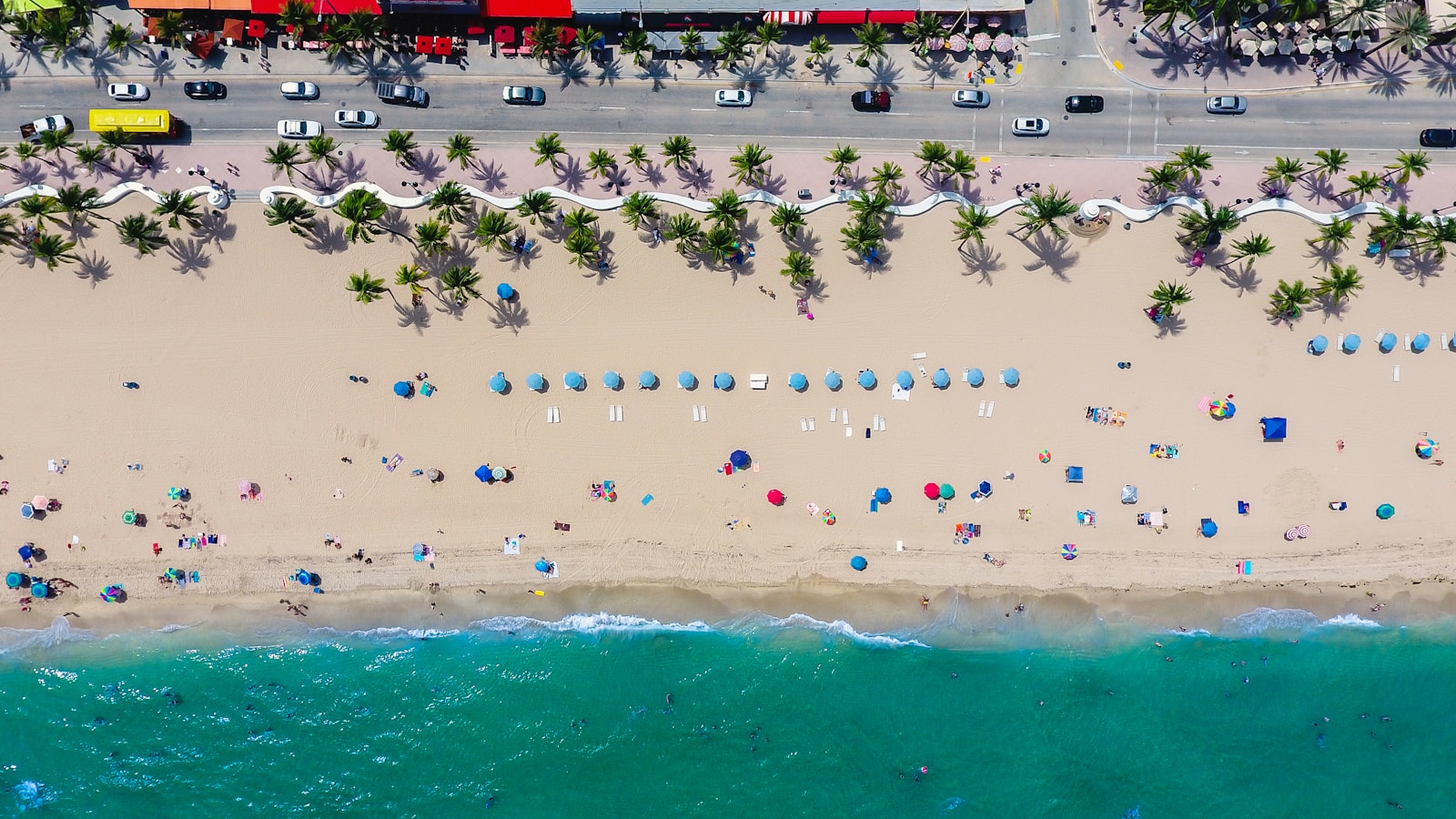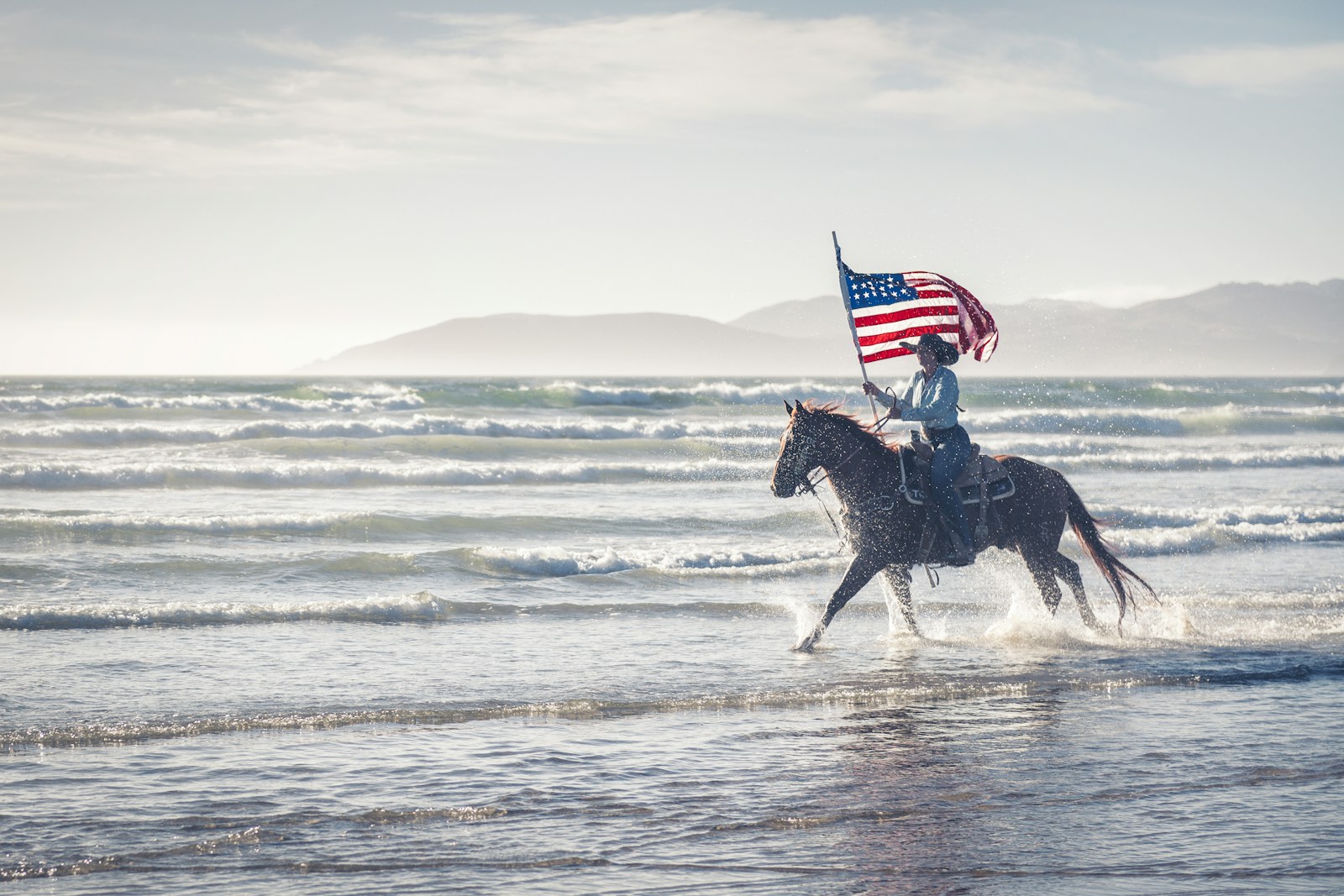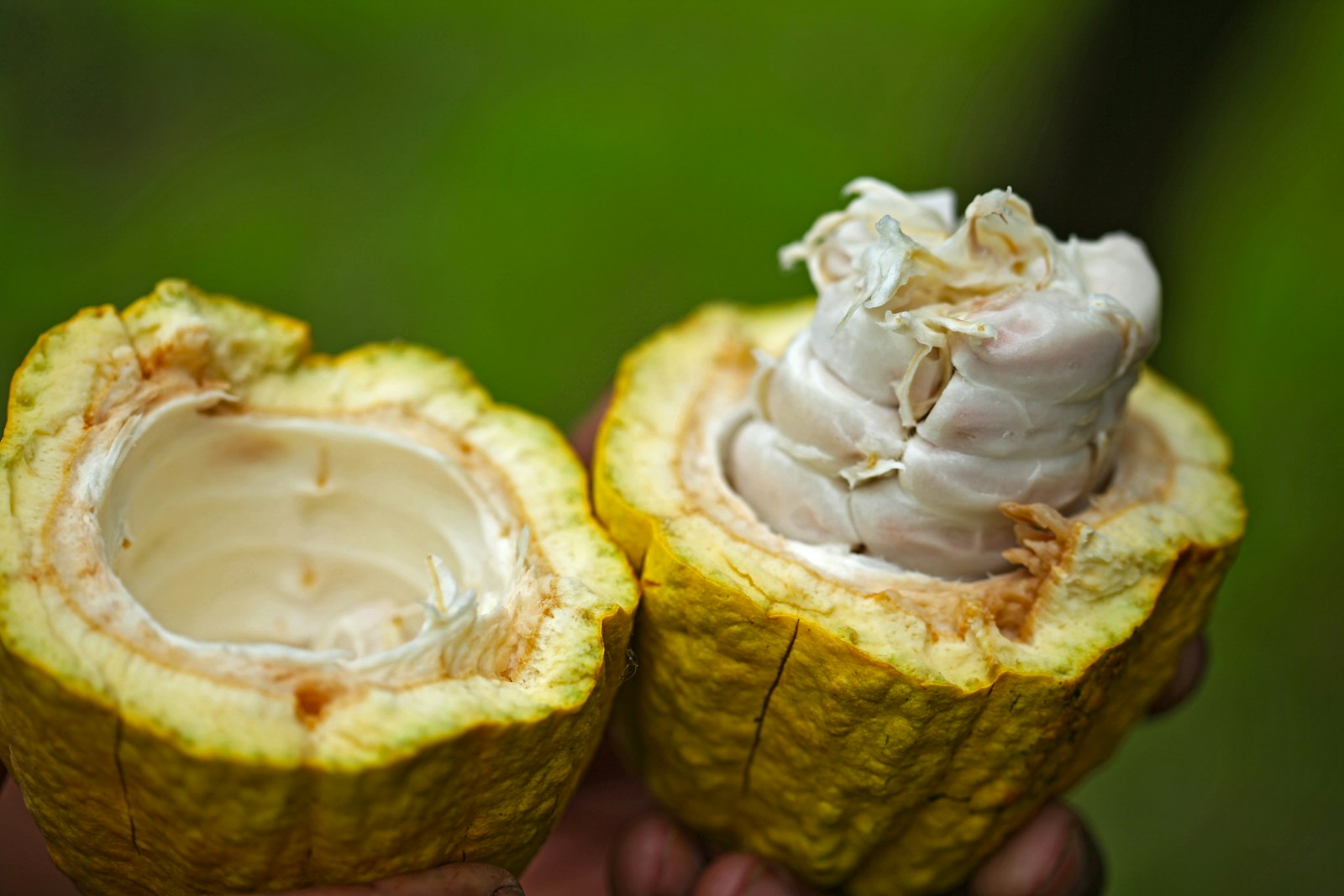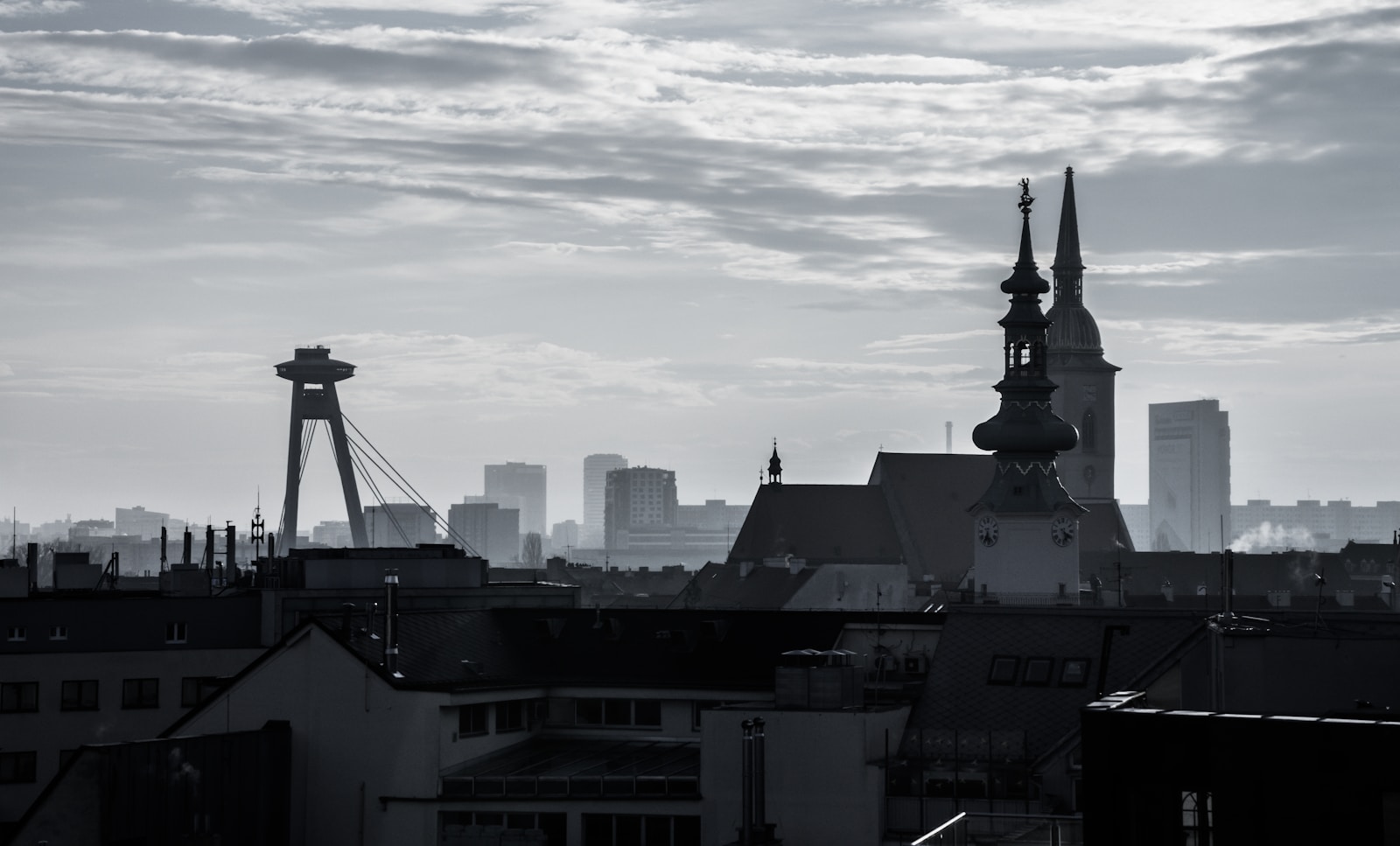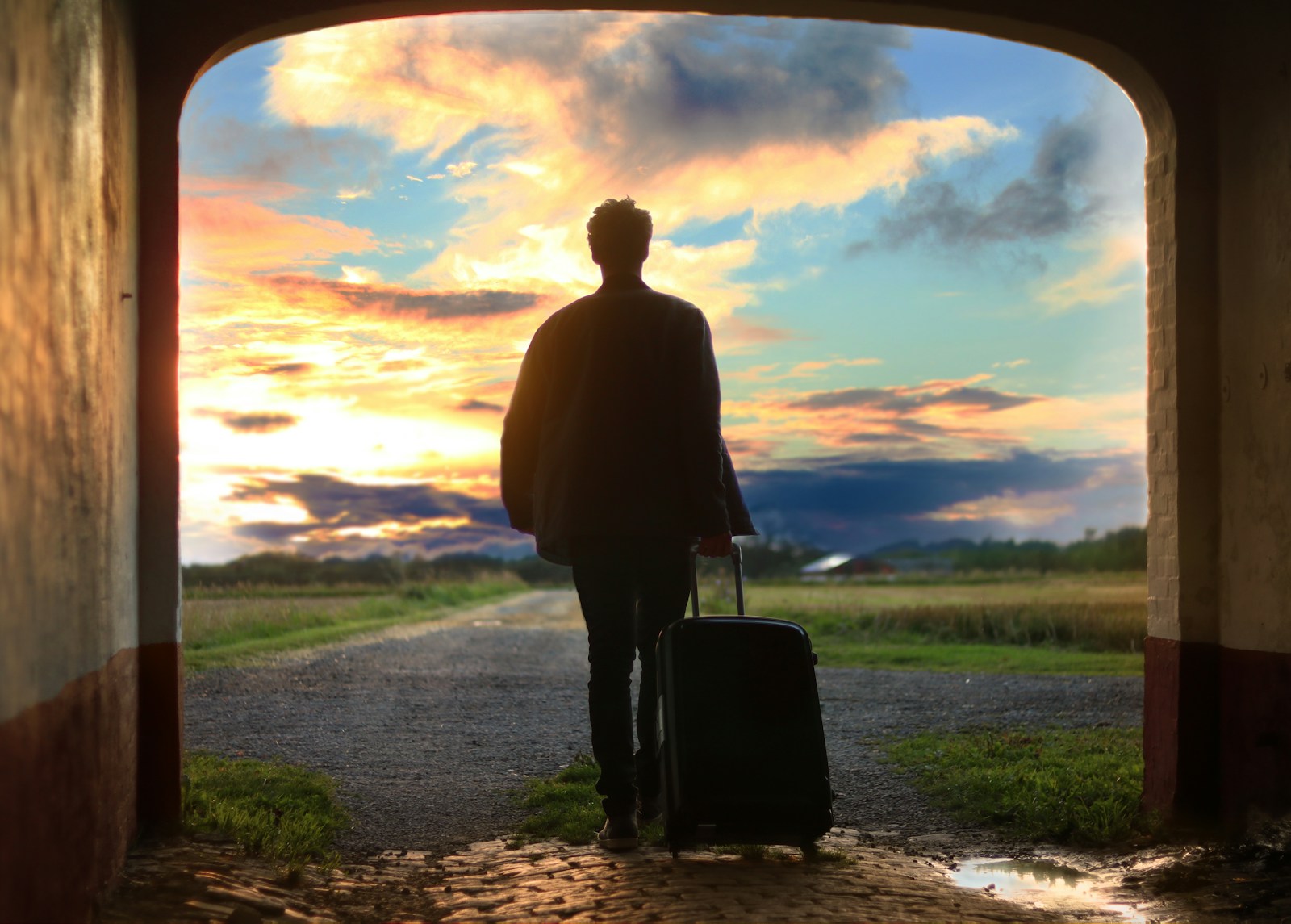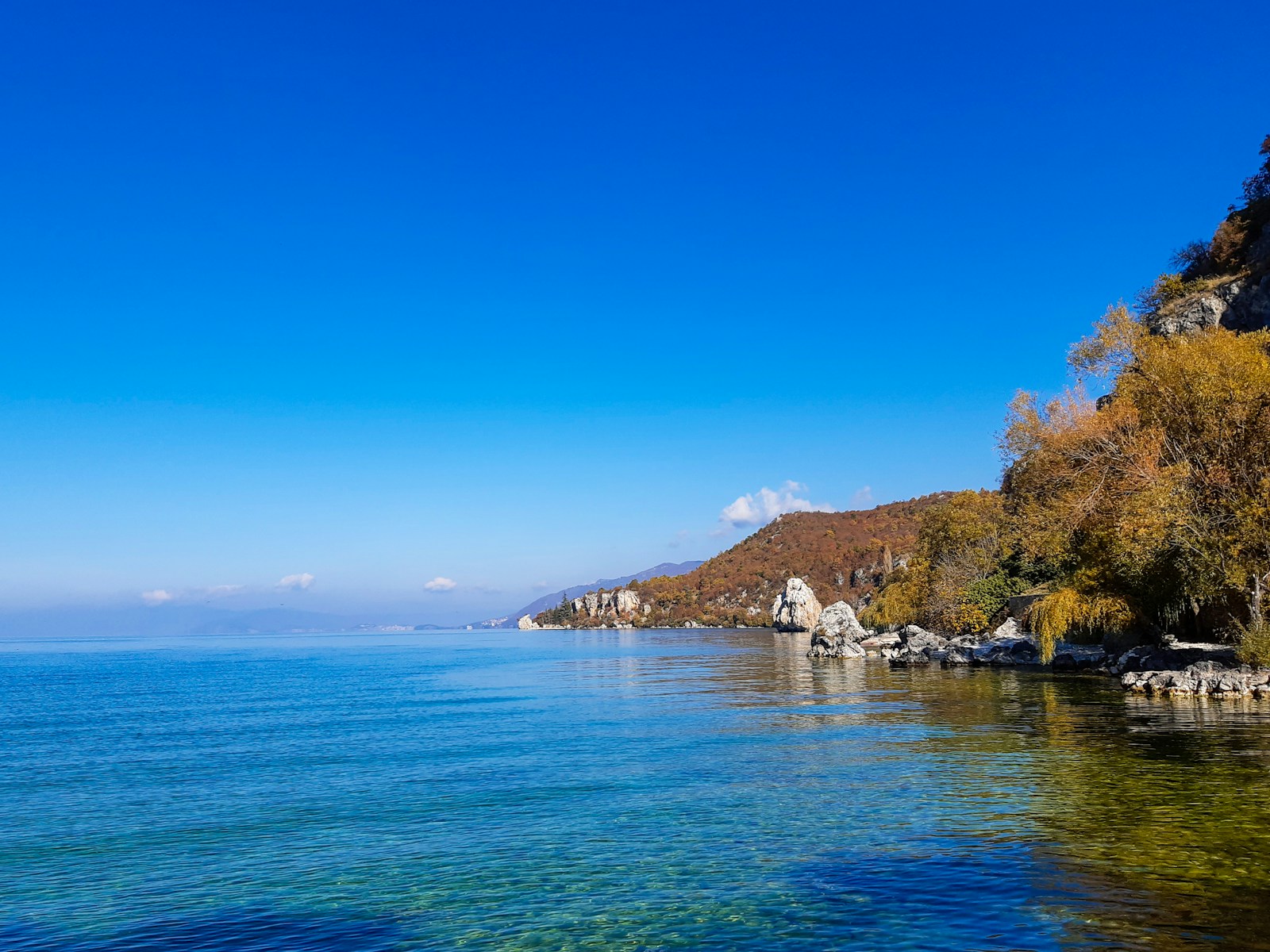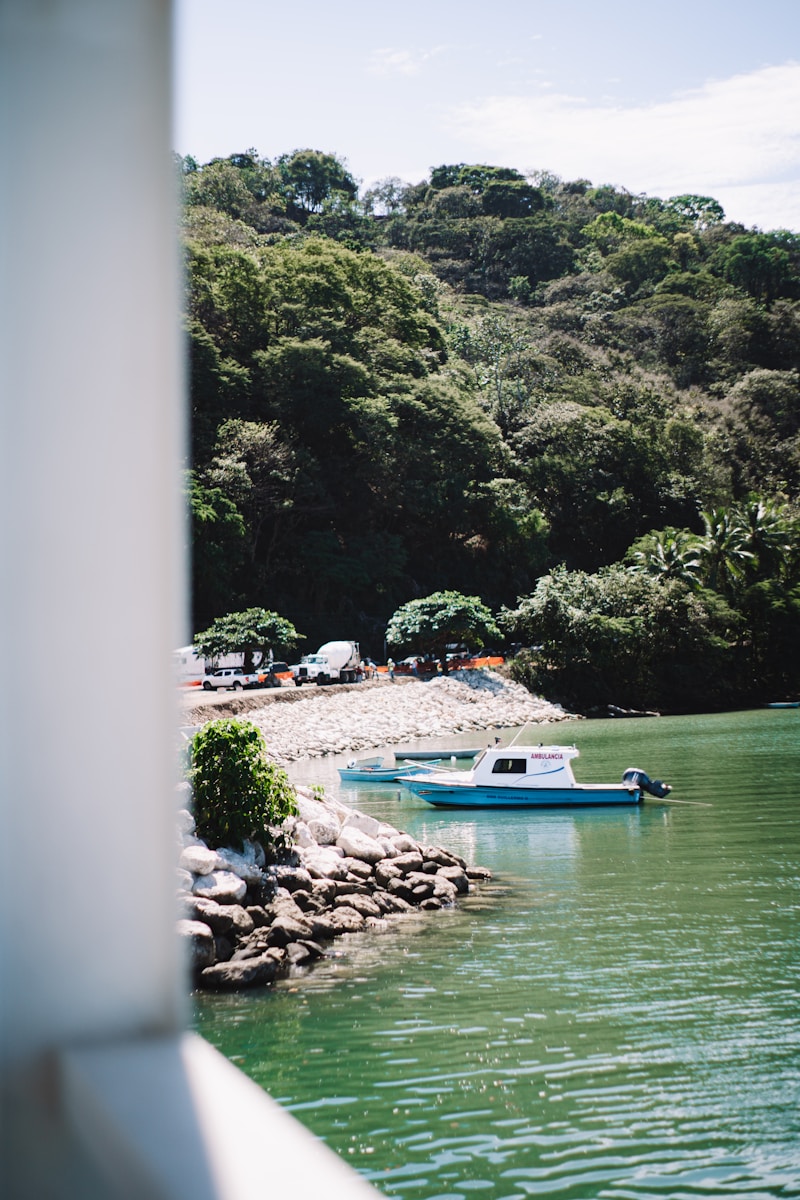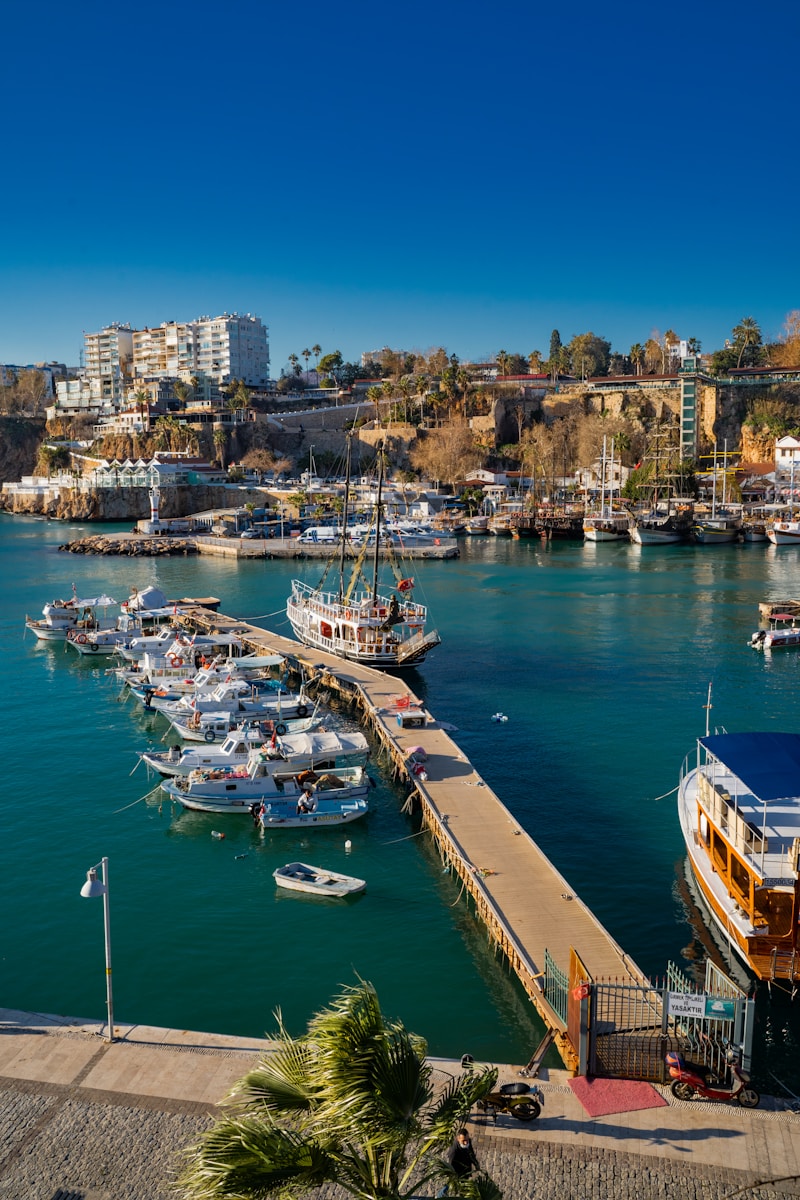An Introduction to Deluxe Tourism
Do you dream of sipping cocktails on a private beach, or perhaps staying in a treehouse resort nestled within a tropical jungle? If these experiences sound enticing, you might be interested in deluxe tourism.
Over the years, deluxe tourism has evolved from traditional luxury travel to include unique, personalized experiences that offer more than just opulence. It’s no longer solely about five-star hotels and gourmet dining; it’s about creating unforgettable memories while respecting the environment and local cultures.
In this blog post, we’ll explore what makes deluxe tourism appealing to different types of travelers, including local travel enthusiasts, sustainable tourists, and adventure seekers. By the end, you’ll have a comprehensive understanding of deluxe tourism and how you can incorporate its values into your next trip.
Characteristics of Deluxe Tourism
Focus on High-End Experiences and Luxury Accommodations
At its core, deluxe tourism is synonymous with luxury. This form of travel offers access to exclusive experiences often unavailable to the average tourist. Whether it’s a private yacht excursion, helicopter tour of the Grand Canyon, or a stay at a secluded villa in the Amalfi Coast, these opportunities provide unparalleled comfort and sophistication.
Luxury accommodations are also a hallmark of deluxe tourism. From world-renowned hotel chains to boutique resorts, these establishments prioritize exceptional service, exquisite design, and top-tier amenities. Travelers can expect lavish rooms, bespoke services, and personalized itineraries that cater to their every whim.
Emphasis on Sustainability and Community Engagement
Gone are the days when deluxe tourism solely meant indulgence without consideration for the environment or local communities. Today’s discerning travelers demand more—they want to ensure their travels have a positive impact on the world. Consequently, many deluxe tourism providers place a strong emphasis on sustainability and community engagement.
Eco-friendly practices have become a central component of deluxe tourism, with many high-end properties integrating renewable energy, zero-waste initiatives, and sustainable sourcing into their operations. Travelers can immerse themselves in nature without leaving a negative footprint, enjoying activities like wildlife conservation projects, organic farm-to-table dining, and guided tours led by local experts.
Community engagement is another essential element of modern deluxe tourism. By supporting projects that uplift local economies and cultures, travelers can leave a lasting positive impact. This might involve patronizing businesses owned by locals, participating in cultural exchanges, or volunteering for community-based initiatives during their stay.
The Role of Local Tourism
How Deluxe Tourism Supports Local Economies and Communities
While deluxe tourism often conjures images of exotic destinations and exclusive resorts, it also plays a significant role in supporting local economies. By choosing to stay in luxury accommodations and partake in premium experiences, travelers inject valuable resources into the communities they visit.
Investment in local infrastructure is one tangible benefit of deluxe tourism. High-end hotels and resorts often contribute to the development of roads, airports, and public utilities, making destinations more accessible and improving the quality of life for residents. Additionally, deluxe tourism creates jobs in various sectors, from hospitality and transportation to agriculture and crafts.
Local businesses also thrive when supported by deluxe tourism. By choosing to dine at restaurants that serve locally-sourced ingredients or purchasing handmade goods from local artisans, travelers ensure their spending benefits the community directly. This economic stimulation helps preserve cultural heritage and supports sustainable development.
Examples of Sustainable and Community-Driven Deluxe Tourism Initiatives
Around the world, numerous deluxe tourism initiatives prioritize sustainability and community engagement. One example is the Soneva Fushi Resort in the Maldives, which operates on a “no news, no shoes” philosophy. This eco-resort boasts solar power, a zero-waste program, and an organic garden that supplies fresh produce to its restaurants.
In Costa Rica, Lapa Rios Lodge offers guests an immersive rainforest experience while actively participating in biodiversity conservation efforts. Travelers can learn about the importance of preserving natural habitats through guided tours led by knowledgeable locals, contributing directly to the protection of endangered species.
Similarly, the Singita Grumeti Reserve in Tanzania combines luxury with wildlife conservation. The reserve supports anti-poaching initiatives and community development projects, ensuring that both the environment and local people benefit from tourism.
The Future of Deluxe Tourism
Trends and Innovations Shaping the Future of Deluxe Tourism
The world of deluxe tourism is constantly evolving, with new trends and innovations shaping its future. One such trend is the rise of experiential travel, where travelers seek authentic and meaningful experiences that connect them with the culture and natural beauty of their destination. Personalized itineraries, curated by knowledgeable guides, are becoming increasingly popular as they allow for unprecedented customization and uniqueness.
Technology also plays a significant role in shaping deluxe tourism. Virtual reality (VR) and augmented reality (AR) are transforming the way travelers explore destinations, offering immersive experiences that bring history, art, and nature to life. AI-powered concierge services make trip planning more convenient and tailored, ensuring every aspect of the travel experience meets the individual’s preferences.
Another trend is the growing focus on wellness tourism, which combines luxury with holistic health practices. Deluxe resorts now offer spa retreats, meditation sessions, and fitness programs designed to rejuvenate the mind, body, and soul. This trend highlights the increasing importance of mental and physical well-being in travel experiences.
The Impact of the COVID-19 Pandemic on the Industry and Recovery Efforts
The COVID-19 pandemic had a profound impact on the travel industry, including deluxe tourism. Travel restrictions, health concerns, and economic challenges led to a significant decline in international travel. However, the industry quickly adapted, implementing stringent health and safety measures to protect travelers and staff.
One notable effect of the pandemic was the shift towards domestic travel and smaller-scale experiences. Many travelers chose to explore their own countries, discovering hidden gems and supporting local businesses. This trend is likely to continue, as people appreciate the convenience and safety of nearby destinations.
To facilitate recovery, the deluxe tourism industry is focusing on flexibility and adaptability. Many providers offer flexible booking policies, allowing travelers to change plans without penalties. Enhanced sanitation protocols, contactless services, and health screenings ensure that travelers can enjoy their experiences with peace of mind.
How to Experience Deluxe Tourism
Tips for Travelers Interested in Deluxe Tourism
If you’re eager to experience deluxe tourism, there are several tips to keep in mind. First and foremost, research is key. Thoroughly investigate destinations, accommodations, and experiences to ensure they align with your values and expectations. Look for establishments with a strong commitment to sustainability, ethical practices, and community engagement.
When planning your trip, consider working with a travel advisor specializing in deluxe tourism. Their expertise and connections can help curate a personalized itinerary that maximizes your experience while minimizing any negative impact on the environment or local communities.
Lastly, be open to new experiences and cultural exchanges. Deluxe tourism is about immersing yourself in the richness of the destination, so take the time to learn from locals, participate in traditions, and respect the environment around you.
Recommendations for Destinations and Experiences That Embody Deluxe Tourism Values
There are countless destinations and experiences that exemplify the values of deluxe tourism. Consider visiting Kyoto, Japan, where you can explore ancient temples, stay in traditional ryokans, and indulge in kaiseki cuisine—all while honoring Japanese cultural heritage.
For a breathtaking experience, head to the Canadian Rockies and stay at a luxury mountain lodge. Surrounded by stunning landscapes, you can enjoy outdoor activities like hiking, wildlife viewing, and stargazing, all while supporting local conservation efforts.
Alternatively, explore the Galapagos Islands, where you can witness unique wildlife and pristine environments. Opt for a luxury eco-cruise that prioritizes sustainable practices and educates travelers about the importance of protecting delicate ecosystems.
Conclusion
Recap of the Significance of Deluxe Tourism
In summary, deluxe tourism offers more than just lavish vacations; it provides travelers with opportunities to experience the world in meaningful ways. By focusing on luxury, sustainability, and community engagement, deluxe tourism creates a positive impact for both travelers and the destinations they visit.
Encouragement for Sustainable, High-Value Travel Experiences
Whether you’re a local travel enthusiast, a sustainable tourist, or an adventure seeker, deluxe tourism invites you to discover the world with purpose. It’s a chance to elevate your travel experiences while making a difference in the communities and environments you encounter.
Call to Action for Readers to Share Their Own Deluxe Tourism Experiences
We encourage you to share your own deluxe tourism experiences and insights in the comments below. Where have you traveled that embodied these values? What luxurious yet sustainable experiences have left a lasting impression on you? Your stories and recommendations may inspire others to embark on their own deluxe journeys.
